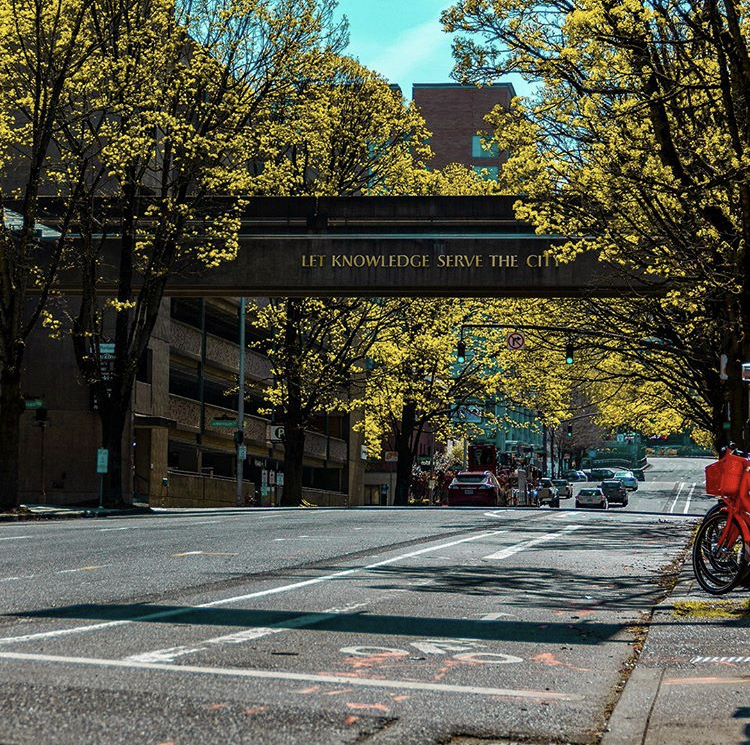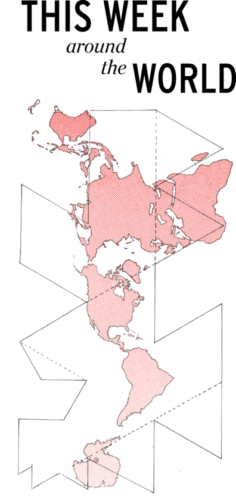The United States imposed sanctions against top Chinese officials on July 9, accusing them of violating the human rights of minority Muslims.
The sanctions further increase tensions between China and the U.S. The two countries are already at odds over China’s handling of the coronavirus outbreak and its crackdown on pro-democracy protests in Hong Kong.
For years, China has faced allegations of human rights abuses against Uighur and other predominantly Muslim minority groups.
Approximately one million people have been detained in “re-education camps” in China’s far-western province of Xinjiang, often for crimes as minor as praying, wearing a headscarf, having too many children or visiting family abroad, according to BBC.
The Chinese government stated the camps combat extremism and provide job training. Human Rights Watch said the camps are centers of mass detention, political indoctrination and torture.
“The [U.S.] will not stand idly by as the [Chinese Communist Party] carries out human rights abuses targeting Uighurs, ethnic Kazakhs and members of other minority groups in Xinjiang,” stated U.S. Secretary of State Mike Pompeo.
President Trump said he delayed putting pressure on China in order to prioritize trade talks.
According to former national security advisor John Bolton, Trump repeatedly told President Xi Jinping to continue building internment camps for Chinese Muslims, which “Trump thought was exactly the right thing to do,” Bolton stated.
The U.S. imposed sanctions through the Global Magnitsky Human Rights Accountability Act, a law which allows the U.S. government to economically target individuals it deems violators of human rights. According to The New York Times, the sanctions are mostly symbolic since the officials’ assets are likely concentrated within China.
The sanctioned officials included Chen Quanguo, party secretary of Xinjiang and one of the 25 members of China’s Politburo. Quanguo is the highest Chinese official to receive U.S. sanctions, according to the Trump administration.
Quanguo was the former party chief of Tibet, which, similar to Xinjiang, is ostensibly an autonomous region within China. However, the ethnic and religious minority populations in these regions live under intense surveillance and policies of forced assimilation.
“Chen Quanguo is truly one of the worst human rights abusers in the world today,” said Matteo Mecacci, president of the International Campaign for Tibet.
“By developing a model of intense security and forced assimilation in the Tibet Autonomous Region, then implementing and expanding on that model in Xinjiang, Chen has inflicted untold suffering on millions of Tibetans, Uighurs and other non-Chinese ethnic groups,” Mecacci said.
China is also forcing contraceptives and sterilization on minority women in Xinjiang, according to a report issued by Adrian Zenz, a German researcher. His analysis found an 84% drop in the population growth rate in the largest Uighur prefectures over a three-year period.
“To prevent people from having children is wrong,” said Gulnar Omirzakh, a Kazakh woman born in China who was forced to have an IUD inserted after she had her third child. “They want to destroy us as a people.”
Uighur expert Joanne Smith Finley said forcing sterilization and birth control is “genocide, full stop,” according to AP News.
“It’s not immediate, shocking, mass-killing on the spot type genocide, but it’s slow, painful, creeping genocide.”






